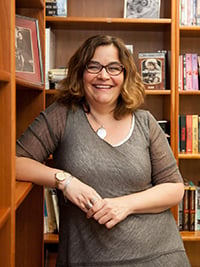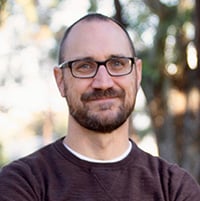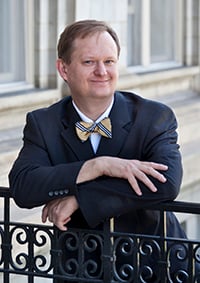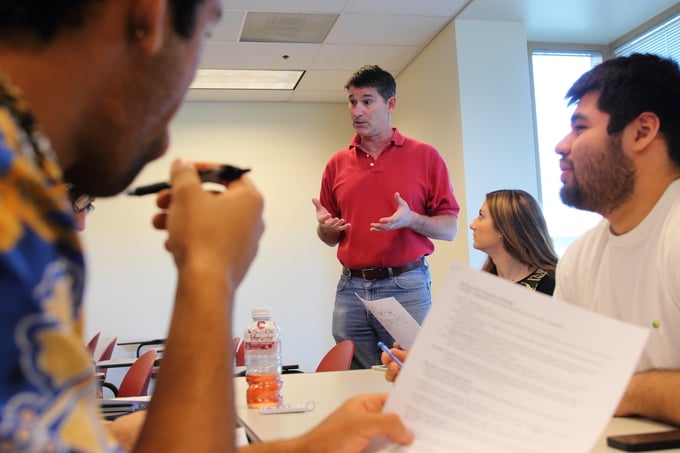In March, many high school seniors were nearing the end of their college selection process. Acceptance letters received, campus tours scheduled, and the National Candidate Reply Date of May 1 was just a month and a half away when the COVID-19 pandemic shut the nation down. March and April are critical months for both senior and juniors in high school to visit colleges to either begin or end their search.
One of these recent events featured a panel of U of R faculty members; Professors Ben Aronson, Walter Hutchens, Kathy Feeley, and James Krueger spoke about how their disciplines offer unique perspectives on current events and how an interdisciplinary education is especially useful in uncertain times. Despite having to quickly adapt their courses to online environments when the Redlands campus closed mid-March, the panel members also noted the pandemic became a live case study resulting in valuable discussions between U of R professors and students.

In the weeks leading up to the campus closure, Biology Professor Ben Aronson was teaching a course on immunology and virology. Devoting time in class to discussing the developing news allowed students to actively grapple with and apply what they were learning to the real world.
Philosophy Professor James Krueger, director of the Health, Medicine, and Society program, said he is having students explore issues of epidemiology, public health resources, and the philosophy of medicine through COVID-19 in his May Term course, Ethics in Global Health.
History Professor Kathy Feeley and her students looked to the past for answers to the future. “We’re thinking about pandemics that have happened in the past and what is relevant and what has worked and what hasn’t,” she said. “These current events are both unprecedented and not, at the same time.”

Taking a step back, the panel’s moderator, Assistant Director of Admissions Sayjal Waddy, asked why a University of Redlands education is particularly useful in these times. “A liberal arts education gives students a broad spectrum of literacies and allows students to pivot in unforeseen circumstances,” said Professor of Global Business Walter Hutchens.
Feeley added that a liberal arts education gives students a deep form of flexibility and encourages them to be nimble learners and thinkers. Applying the question to the Health, Medicine, and Society program, Krueger emphasized the breadth of training required for a career in healthcare; Redlands students learn about the importance of empathy in addition to the history of the field.

The participants also spoke to opportunities outside the classroom that help Redlands students thrive. Feeley highlighted the Women, Gender, and Sexuality Studies student research conference and the Proudian Interdisciplinary Honors Program symposium—two events that encourage students to put their work on display. Krueger pointed out the University’s relationships with the Riverside and San Bernardino Counties’ departments of public health facilitate internships and research projects for students.
Hutchens added that, regardless of current events, the University of Redlands is a place for students to grow and learn. “I’ve been teaching here for seven years and have written countless recommendations for students after getting to know them,” he said. “Redlands offers an institutional scale where you can have relationships with people.”
Learn more about the University of Redlands.






